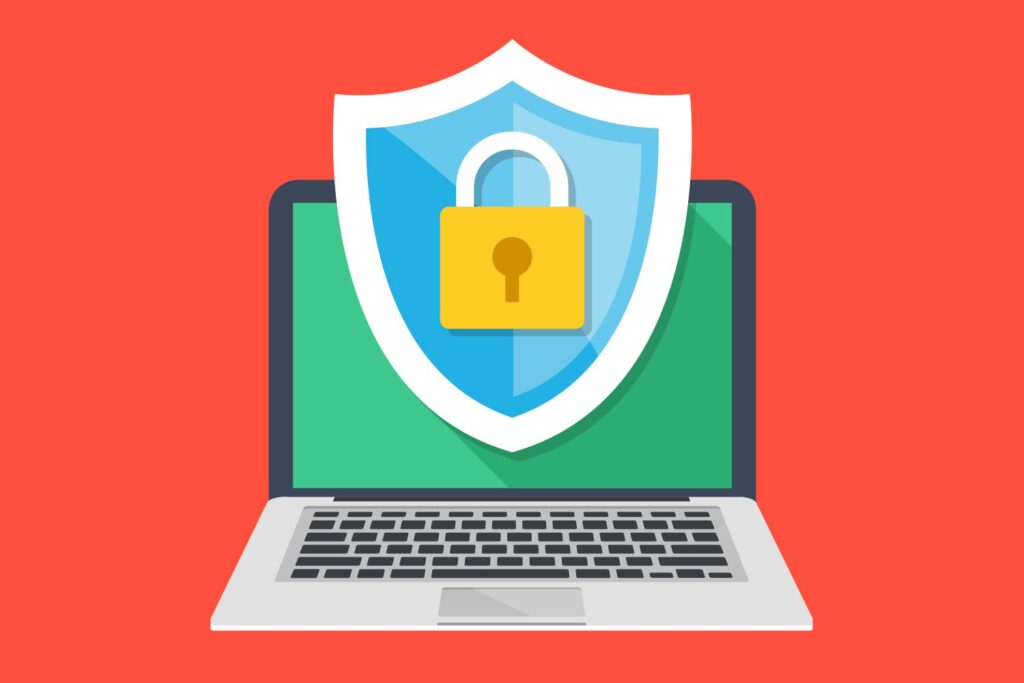As the number and sophistication of online threats continue to grow, it is increasingly important for individuals and businesses to take steps to protect their computers and other devices. One of the most common and effective ways to do this is by using antivirus software, which is designed to detect and block malware and other malicious software.
But is it really necessary for every personal computer (PC) to have antivirus software installed? While it is generally recommended that every PC have antivirus software, there are some situations where it may not be necessary.
Table of Contents
What does antivirus software do?
First, it is important to understand what antivirus software does. Antivirus software is designed to protect against malware, which is a type of software that is specifically designed to cause damage or disrupt the normal functioning of a computer. There are many types of malware, including viruses, worms, trojans, and ransomware, and they can be spread through a variety of methods, such as email attachments, malicious websites, and infected software downloads.
Antivirus software works by scanning your computer for known malware and blocking any that it detects. It also has the ability to detect and block new, unknown threats by analyzing the behavior of software and looking for patterns that are typical of malware.
In addition to detecting and blocking malware, antivirus software may also have additional features to help protect your computer and your personal information. These may include:
Firewall protection: A firewall is a security system that monitors and controls incoming and outgoing network traffic based on predetermined security rules. Antivirus software may include a firewall to help protect your computer from unauthorized access.
Spam filtering: Spam emails are unsolicited emails that are often used to spread malware or to trick people into divulging sensitive information. Antivirus software may include a spam filter to help block these types of emails from reaching your inbox.
Browser protection: Some antivirus software includes tools to help protect you from phishing attacks and other online threats when you are using your web browser.
Parental controls: Some antivirus software includes tools to help parents control what their children can access online.
Do you need antivirus software?
It is generally recommended that every personal computer (PC) have antivirus software installed in order to help protect against malware and other online threats. While there are some situations where antivirus software may not be strictly necessary, the risk of malware infections is always present, and the consequences of falling victim to a cyber-attack can be severe.
There are many types of antivirus software including free antivirus software available, and different products may offer different features and levels of protection. It is important to choose antivirus software that is appropriate for your needs and that is regularly updated to protect against the latest threats.
You can also choose the ultimate security bundle for your computer depending on your budget. A free antivirus will offer limited protection only but with the ultimate security bundle, you will get not only multi-device antivirus protection, but also identity theft protection, VPN, password manager, etc. You will get everything that you need to keep your PC safe from online threats.
Do you not need antivirus software?
Why may you not need antivirus software on your PC? One reason is if you use a Mac or a Linux-based operating system. These operating systems are less commonly targeted by hackers, so the risk of malware infections is generally lower. However, it is still a good idea to have some form of protection in place, as no system is completely immune to malware.
Another reason you might not need antivirus software is if you are extremely careful about what you download and what websites you visit. If you only download software from trusted sources and only visit reputable websites, you may be at lower risk for malware infections. However, even in these cases, it is still possible to accidentally download malware or to be tricked into visiting a malicious website, so it is always a good idea to have some form of protection in place.
Conclusion
In conclusion, it is generally recommended that every PC have antivirus software installed so as to protect against malware and other online threats. Therefore, it is always a good idea to have some form of protection in place, whether it is ant






